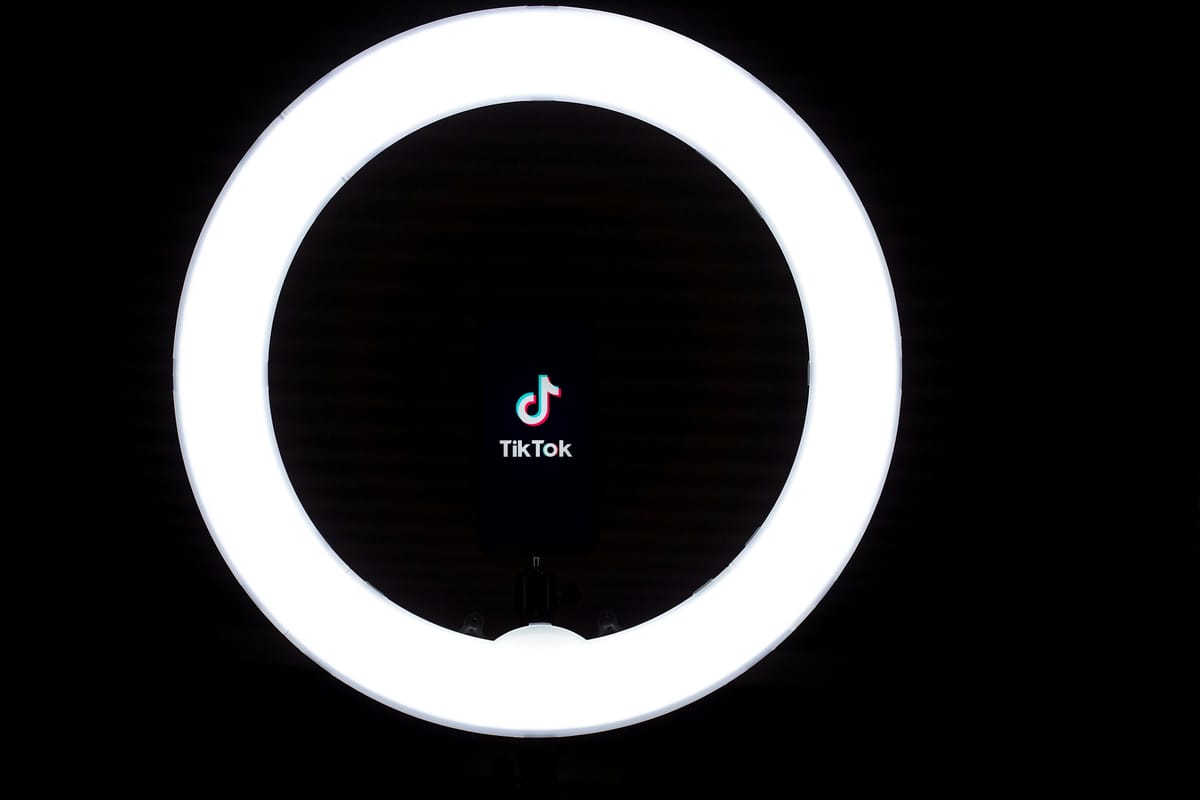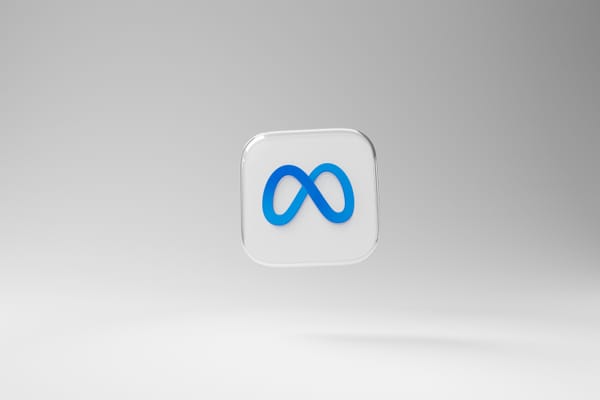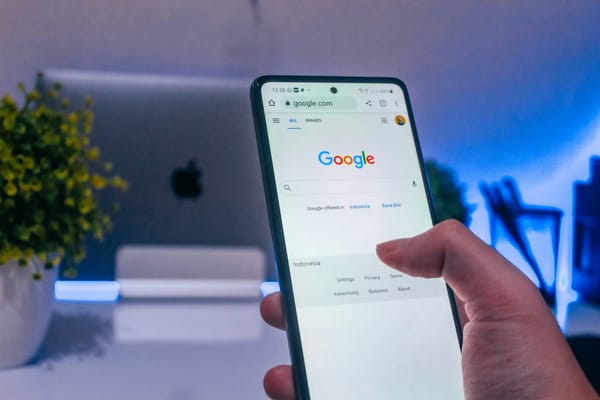TikTok comes back from the dead
PLUS: What we actually learned about Mark Zuckerberg last week

If there’s one refrain I have repeated here more than any other over the years, it’s that time is running out for TikTok. Ever since President Trump attempted to forcibly divest the app from ByteDance during his first administration, the company’s future in America has looked grim. And yet two administrations, one federal law, a Supreme Court decision and a 12-hour ban later, TikTok remains infinitely scrolling on the phones of some 170 million Americans.
You pass a law to ban TikTok, but it won’t be enough. You can remove it from the Apple and Google app stores, but it won’t be enough.
After one of the wildest weekends in the history of tech regulation, TikTok is not dead. But nor is it fully alive. It exists instead in a state of quantum superposition, both there and not at the same time, its fate dependent on a series of random subatomic events that may or may not occur.
TikTok is Schrödinger's app.
That’s the short version, anyway. The slightly longer one goes like this.
On Friday, the Supreme Court voted unanimously to uphold the Protecting Americans from Foreign Adversary Controlled Applications Act. Justices waved away First Amendment concerns by arguing that so long as ByteDance divested the app, there would be no implications for America’s free expression. Instead they deferred to Congress’ stated concerns about national security, even though Congress never presented any public evidence that ByteDance had improperly used Americans’ data.
Under PAFACAA, ByteDance had only until Sunday to divest TikTok. With no deal in hand, the company instead said the app would go dark.
In a true shock, the Biden administration — which had forcibly advocated for PAFACAA and warned incessantly about the dangers of letting the app remain in Chinese hands — said there was “no reason” for ByteDance to comply with the law that it had passed.
Here’s Wes Davis in The Verge:
White House Press Secretary Karine Jean-Pierre called TikTok’s threat to “go dark” on Sunday, January 19th, a “stunt” and said there is no reason for TikTok to shut itself down before President-elect Donald Trump is sworn in on the 20th.
“It is a stunt, and we see no reason for TikTok or other companies to take actions in the next few days before the Trump Administration takes office on Monday,” MSNBC quotes Jean-Pierre as saying. “We have laid out our position clearly and straightforwardly: actions to implement this law will fall to the next administration. So TikTok and other companies should take up any concerns with them.”
Jean-Pierre’s comments were particularly galling given that the law gave Biden the ability to extend the deadline for a sale by 90 days — which the president declined to do.
In the end, ByteDance chose to ignore the Biden administration’s advice to ignore the law it had passed. Instead, on Saturday evening, it began to shut down TikTok in the United States. Users of the app were greeted with a screen that TikTok “isn’t available right now.” It added: “We are fortunate that President Trump has indicated that he will work with us on a solution to reinstate TikTok once he takes office. Please stay tuned!”





